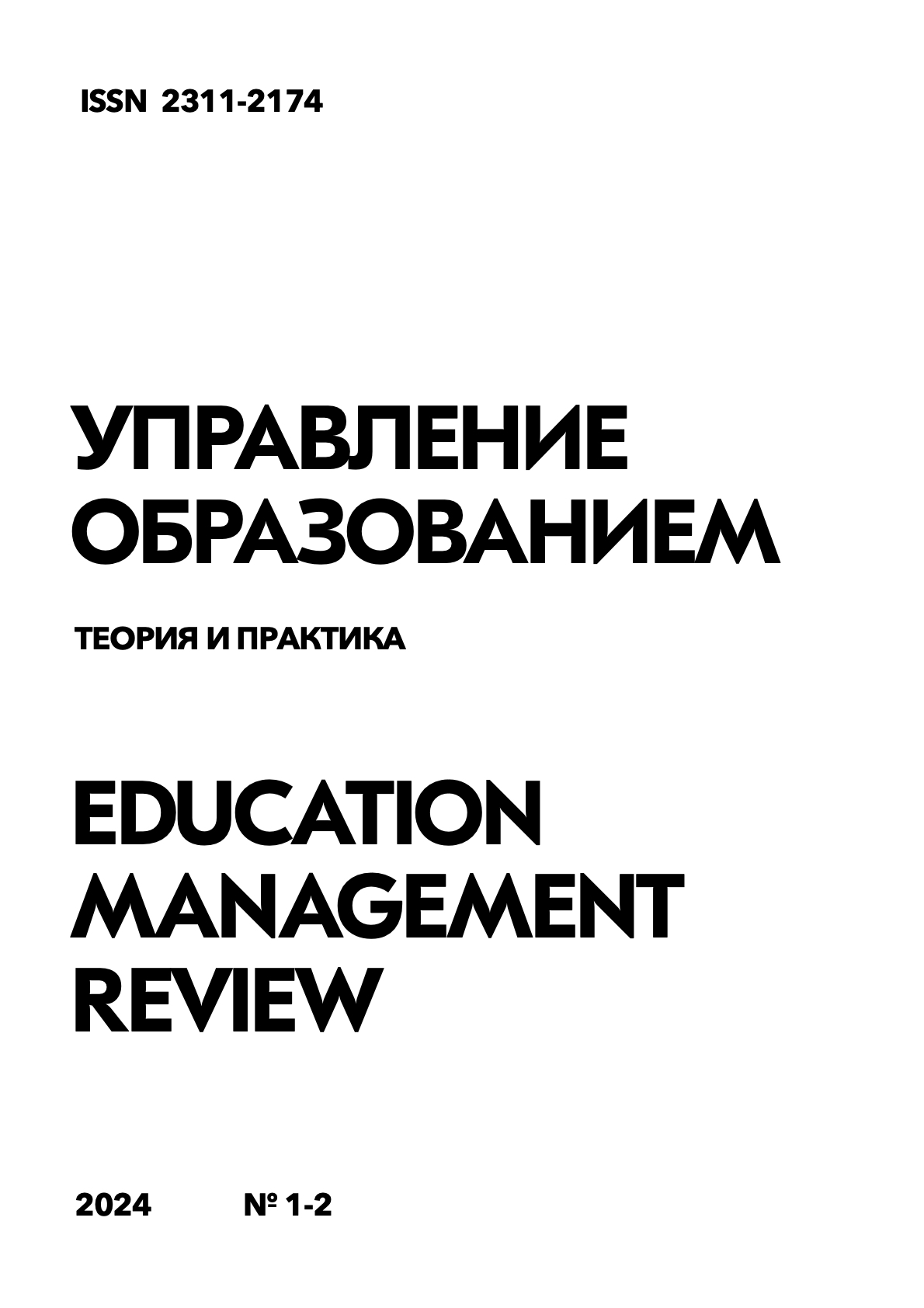Pedagogy of the formation of anatomical and physiological skills in children
DOI:
https://doi.org/10.25726/q3097-5327-4550-pKeywords:
diapers, toilet skills, digestive behavior, the «Sonatal» method, the «Intonation» methodAbstract
Today, there is still no unity in the views of domestic and foreign pediatricians on issues related to the education of toilet skills in children, such as, for example, that has been achieved in the treatment regimens of most diseases. There is no unity in understanding these issues among psychologists, educators, as well as the general parental community. At the same time, no one doubts the importance of this hygienic skill for raising a healthy child. It can be said that the appearance of diapers marked a new era of human development – the era of creating a comfortable living environment. With the advent of this era, humanity really breathed freely, freed from a lot of everyday details. Mothers of children stopped washing diapers 10 times a day. This allowed them to switch to other processes, in particular, to spend more time communicating with their husband and child. This is an undoubted advantage of diapers, and here they certainly act as allies. Unfortunately, the author of the article could not find any other arguments in support of diapers. The article deals with issues related to the psychophysiology of the formation of toilet skills in infants and young children from the standpoint of the national theory of functional systems by P.K. Anokhin and K.V. Sudakov. Foreign and domestic models of toilet skills formation are presented. The results of a study of the ideas of Russian teachers about the timing of the formation of toilet skills are presented. The methodology of the formation of «digestive behavior» within the framework of the author's method «Sonatal» is described.
References
Анохин П.К. Проблемы павловского научного наследства и зарубежная неврология // Архив биол. наук. 1940. Т. 57. Вып.1. С. 79-109.
Анохин П.К. Философские аспекты теории функциональной системы. Избр. труды. М., 1978. 201 c.
Анохин П.К. Узловые вопросы теории функциональной системы. М.: Наука, 1980.177 c.
Лазарев М.Л., Денисова О.И. Формирование туалетных навыков у детей из семей общей популяции и семей с высоким социально-экономическим стрессом. Сравнительное исследование // Педиатрическая фармакология. 2015. Т. 12.№ 2. С. 156-165.
Лазарев М.Л. Метод пренатальной профилактики и оздоровления беременной женщины и плода «Сонатал». Методические рекомендации для врачей. Приняты на заседании Ученого совета НЦЗД РАМН. Протокол № 4 от 25.04.2012. М., 2012. 48 с.
Лазарев М.Л. Когнитивно-соматическая гимнастика для детей грудного и раннего возраста (метод «Интонинг»). Методические рекомендации для врачей. Приняты на заседании Ученого совета НЦЗД РАМН. Протокол № 4 от 25.04.2012. М., 2012. 48 с.
Судаков К.В. Теория функциональных систем. Истоки, этапы развития, эксперим. доказательства, общ. постулаты: Посвящ. 50-летию Рос. акад. мед. наук и 100-летию со дня рождения П. К. Анохина. М.: б. и.,1996. С. 34-35.
American Academy of Pediatrics. Guide to Toilet Training. 1st ed. 2003. 224 p.
Brazelton T.B. Instructions, timeliness, and medical influences affecting toilet training // Pediatrics. 1999. Vol.103. pp.1353-1358.
Brazelton T.B., Sparrow J.D. Toilet training the Brazelton way. Cambridge, MA: De Capo Press, 2004.
Mota D.M., Barros A.J.D. Toilet training: methods, parental expectations and associated disfunctions // J. Pediatr, Rio. 2008. Vol. 84. pp. 9-17.
Largo R.H. Does a profound change in toilet training effect development of bowel and bladder control? // Dev.Med.Child Neurol. 1996. Vol. 38. pp.1106-1116.




